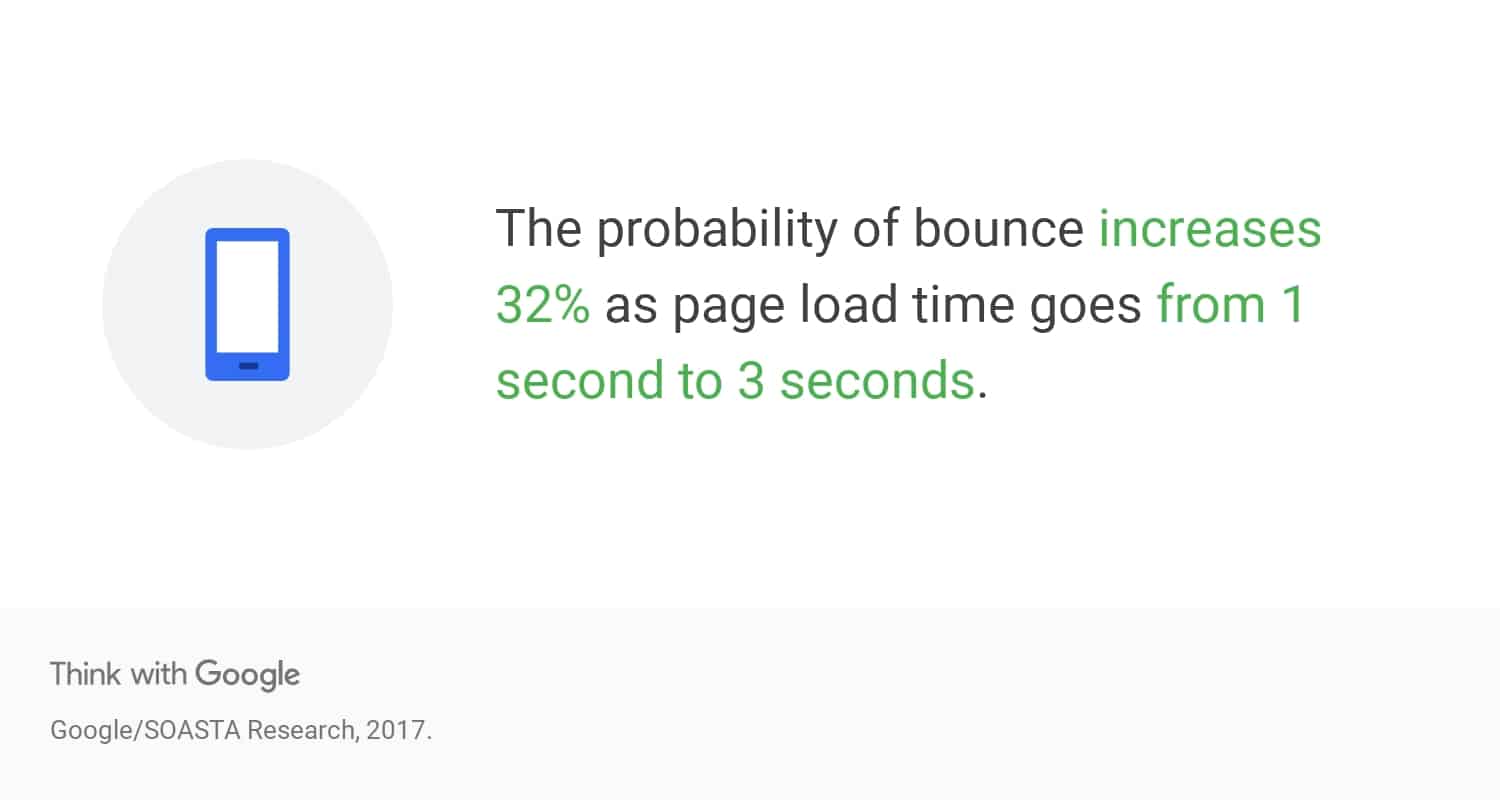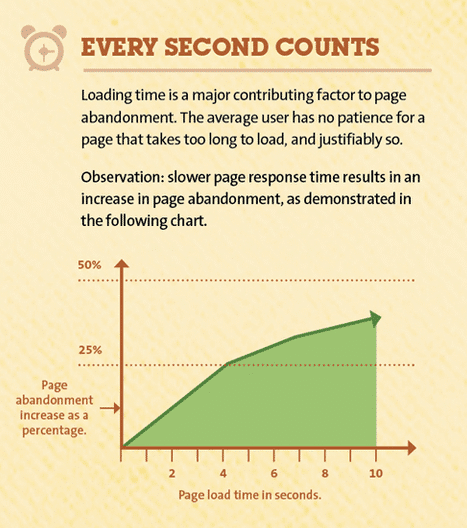You’ve heard of Search Engine Optimization (SEO), and you know it’s an important and ongoing process that keeps traffic flowing to your website. But how can you determine if your SEO efforts are working (and worth the monthly spend)? Well, just like you track metrics pertaining to sales, service, and efficiency, the same can be done for SEO. Intrigued? Then keep reading as we reveal 7 SEO KPIs to monitor for success.
What is SEO?
SEO is the process of improving your website’s visibility in Search results.
Implementing SEO marketing strategies increases organic website traffic and builds your site’s credibility.
Some key techniques for improving SEO include:
- Creating engaging and relevant content
- Properly crafting metadata
- Link building
- Improving website performance
It’s important to remember, though, that generating authority with Search Engines takes time, consistency, and adherence to the ever-changing algorithm updates.
Ad Spend vs SEO
SEO is different from paid advertising in many ways. Most notably, SEO focuses on optimizing your website to rank higher in Search results without paying for visits.
And while ad spend does provide more immediate visibility, it requires an ongoing investment to maintain increased traffic and does nothing to help people find your site organically.
SEO KPIs
SEO KPIs track metrics across various marketing activities to gauge which strategies are working to increase your digital presence. And while there really is no endgame in SEO (if you stop optimizing other sites will surpass you in Search), KPIs effectively demonstrate the impact of your efforts.
Since there are arguably hundreds of SEO KPIs available to track, we’ve narrowed down seven sure-fire metrics that prove you’re optimizing your site like a champ.
1. Organic Search Traffic
Meet the king of SEO KPIs. Since the main goal of Search Engine Optimization is to bring more visitors to your website, this is one you definitely want to track.
Organic search traffic results from people typing a query into a Search Engine and then clicking through to your site. Understanding why someone visited your site informs future optimization techniques and sets the stage for increased brand awareness.
Tracking organic traffic is easily done through Google Analytics. With this tool, you can see which pages are performing best and which need a bit of finesse.
Conducting keyword research for the pages needing improvement gives you intel into what your potential customers are searching for and how best to win their click. At Top Fox, conducting keyword research is one of the first steps we take when building (or rebuilding) websites for our clients.
2. Page Load Time
Classified under technical SEO, poor page load time not only affects your Search ranking; it also increases your Bounce rate (more on that later). As such, page speed is a KPI worth tracking.
You know that saying, “You never get a second chance to make a first impression”? Well, it absolutely applies to your website. In fact, 1 in 4 people say they would leave a website if it took more than four seconds to load. Oh, and 46% of those people also said they would never give that website another chance.


3. Search Ranking
Everyone wants their site to appear high on the first page of Google’s Search results, but it takes impeccably optimized content to do so. This makes Search ranking a smart KPI to track. Search ranking refers to a website’s position on the Search engine results page (SERP).
A nifty acronym to remember what Google prioritizes when ranking sites is E.E.A.T:
- Experience
- Expertise
- Authoritativeness
- Trustworthiness
Keep in mind that ranking at the top of the SERP not only increases website traffic and conversions, but according to a study of billions of search results,
25% of people click on the first organic search result they see.
4. Average Session Duration
Though somewhat dependent on the structure and depth of your site, monitoring average session duration lets you discover if people are hanging around to engage with your content, thus making it a good KPI to track.
According to Semrush, average session duration is the fourth-highest tracked metric on Google Analytics and the one site owners most want to improve.
To increase time spent on your site, publish and optimize relevant content rife with images, videos, bullet points, bold text, italics, and links.
5. Bounce Rate
Bounce rate measures how many visitors leave your website after viewing one page and taking no additional action. Tracking this KPI gives insight into how well your site is optimized.
While bounce rate often increases with paid traffic, organic traffic that leaves as soon as it lands is often the result of slow loading speed, responsive device issues, poor user experience, or bad web design.
6. Organic Click-Through Rate (CTR)
Appearing in Search results is important, but people must click through to your website for you to make money! Tracking the organic CTR is the KPI for your on-page SEO.
Organic CTR is calculated by dividing the number of clicks on your Search result by the total number of SERP impressions—the higher the percentage, the better.
When your website appears on a SERP, it contains that page’s SEO title and meta description, and relevant keywords are highlighted:

A good organic CTR indicates that the metadata is effectively relaying the relevance of your content based on the keywords used in the Search. Use Google Search Console to track this KPI.
7. Conversion Rate
Yes, you’re optimizing your site to improve your Search rankings which, in turn, raises your organic CTR rate, thus increasing your traffic. But the REAL reason you’re optimizing your site is to generate leads to sell stuff and/or gain clients, right?! Of course, so make sure one of the KPIs you’re tracking is conversion rate.
Regardless of whether you’re collecting emails for a drip campaign or debuting THE software solution of the century, optimizing your landing pages for organic conversions is priority number one. Head back over to Google Analytics to monitor this metric and use the information to raise engagement on your most profitable pages.
SEO and ROI
Tracking return on investment (ROI) for SEO can be challenging because SEO improvements happen over time. And, since Search engines and algorithms are constantly changing, data often fluctuates. Pinpointing the direct impact of SEO isn’t easy, but there are tools that can help.
Need SEO Marketing?
Contact Top Fox for your SEO marketing needs. We’ll start by understanding your business goals. Then we’ll analyze your competitors and explore how you can stand out. After evaluating your current efforts, we’ll create a strategy for compelling content that caters to your audience. From there we’ll deliver comprehensive service packages which include SEO, an editorial calendar, blog posts, email marketing, and more.



